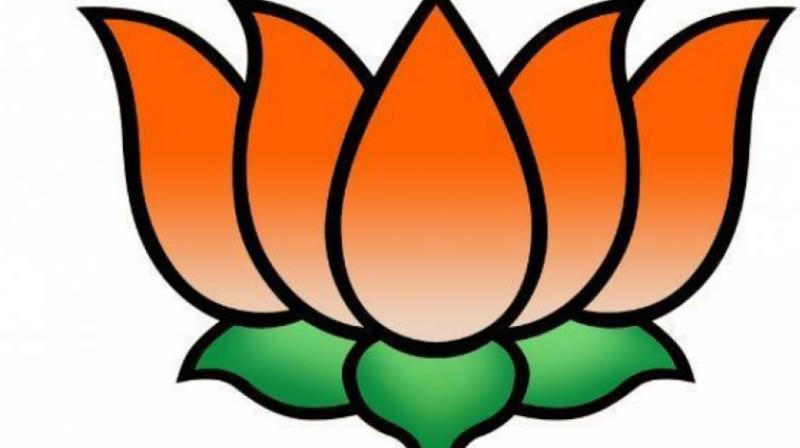Time for BJP to reflect after historic Delhi loss

The BJP’s stinging defeat in the Delhi Assembly polls at the hands of the AAP led by incumbent chief minister Arvind Kejriwal is a setback of historic proportions. With the results, which became available Tuesday, the BJP will be in the wilderness in the national capital for over a quarter century. This has not happened before.
Delhi has been an important national hub of RSS-Jan Sangh (the BJP’s predecessor) politics due to the influx of millions of Hindu and Sikh refugees in the post-Partition displacement saga. The Jan Sangh (and BJP) historically alternated in power with the Congress in Delhi. In that bipolarity, the Congress has lately been replaced by the AAP. The BJP last won in Delhi in 1993.
The BJP prepared for the recent poll battle as the Duke of Wellington might have prepared for the historic Battle of Waterloo against Napoleon, only it found itself on the losing side, like the Frenchman.
While Waterloo had ended the Napoleonic Wars, the degree to which the BJP’s future prospects — in Delhi and even nationally — are adversely affected by the crushing loss in Delhi remains for now a matter of conjecture. Since the Delhi defeat comes on top of a string of losses in Assembly polls that followed the BJP’s May 2019 Lok Sabha triumph, and in an atmosphere of the nation’s economy being in serious trouble, it can no longer be argued with confidence, as some do, that the Delhi voter will automatically give a thumbs up to a BJP led by Prime Minister Narendra Modi in 2024. A recent opinion poll had suggested just this in the event of the Lok Sabha polls being held now. This appears to be a completely non-scientific reading. It disregards the political dynamics in the country that could unfold in the next four years.
Mr Shah threw everything the BJP had at the AAP. On top of conducting a vicious polarising campaign, frequently made to turn vulgar by senior BJP leaders, the home minister — using his clout as the second most important man in his party after the PM — rushed in 200 party MPs, scores of former MPs, and a dozen chief ministers to the national capital. It was carpet-bombing in the worst sense when it came to communal and caste propaganda. Delhi had never seen a poll campaign of this magnitude before. The BJP’s efforts seemed to many as one of intimidation of voters through a show of force, not excluding the use of financial resources.
This has turned into utter humiliation, more so as the Delhi electoral contest is the first since the Narendra Modi government ran a relentless pro-CAA campaign, spearheaded by Mr Shah, in the face of nationwide protests against the questionable amended citizenship law, with Delhi’s Shaheen Bagh growing into an iconic name for peaceful protests in the Gandhian mould, and becoming a counter-blast to the CAA. Though the BJP’s ways are inscrutable, in such circumstances one may ordinarily expect heads to roll.

